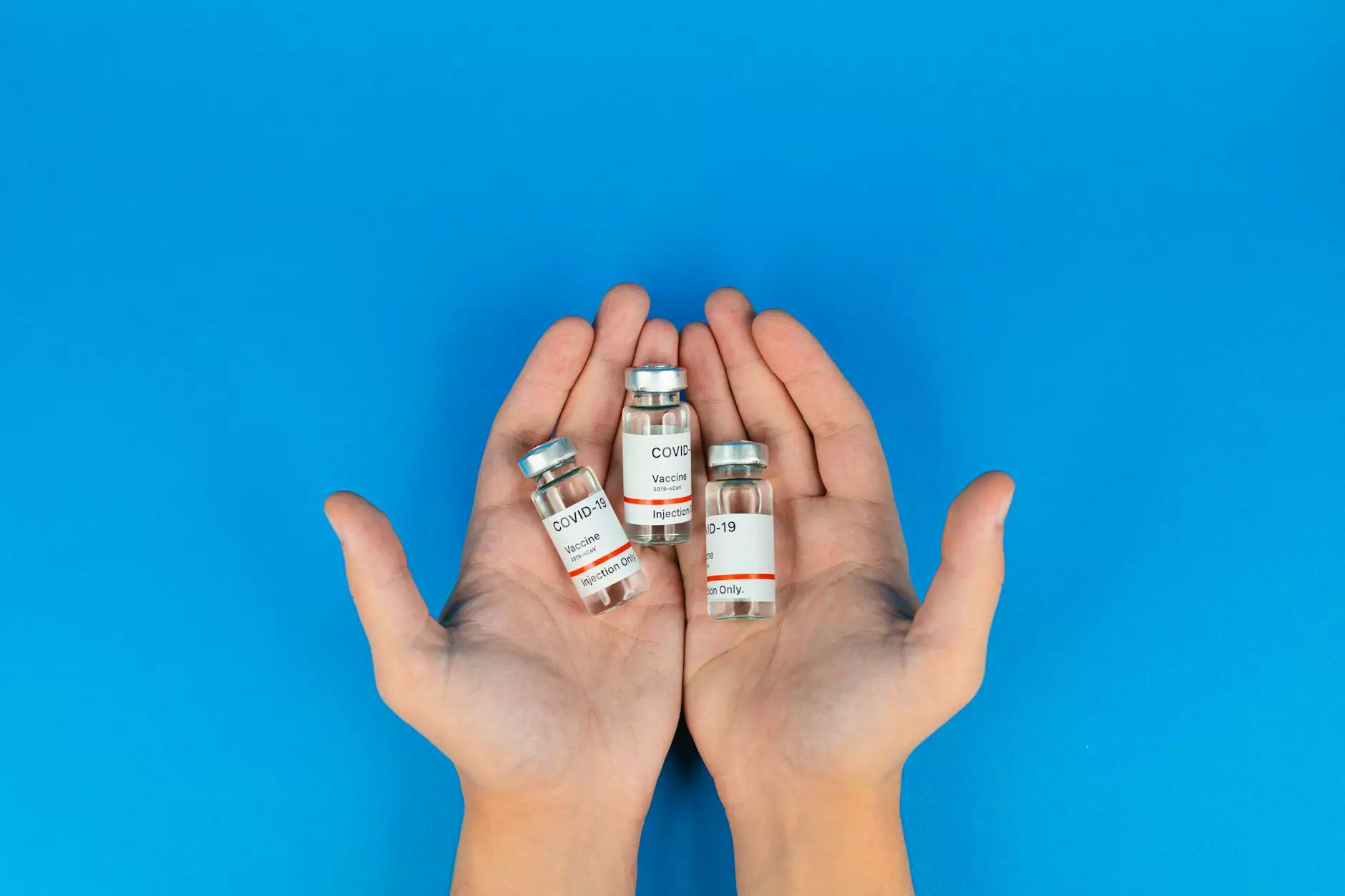The Importance of Horse Injections in Equine Healthcare

As equine enthusiasts and professionals know, maintaining the health and performance of racehorses is crucial to both the enjoyment and success of the sport. One of the most effective ways to ensure a horse's well-being is through the use of horse injections. In this comprehensive guide, we will explore the various types of horse injections, their benefits, and the latest innovations in equine medicinal care.
Understanding Horse Injections
Horse injections are an essential aspect of equine healthcare that involve administering medication directly into a horse’s body, usually through the muscles or veins. This method provides a rapid onset of action and is often more efficient than oral medications. Various conditions can be addressed through horse injections, including:
- Vaccinations
- Anti-inflammatory medications
- Hormonal treatments
- Therapeutic agents for joint health
- Dietary supplements
Types of Horse Injections
1. Vaccinations
One of the most popular uses of horse injections is for vaccinations. Vaccines are essential for preventing infectious diseases that can severely affect a horse's health. Common vaccinations include:
- West Nile Virus Vaccine
- Tetanus Toxoid
- Influenza Vaccine
- Rabies Vaccine
2. Anti-inflammatory Injections
Horses that engage in rigorous training and competition may experience joint pain or muscle inflammation. Anti-inflammatory injections, such as corticosteroids or non-steroidal anti-inflammatory drugs (NSAIDs), help alleviate pain and reduce swelling. This allows horses to return to their peak performance sooner.
3. Hormonal Treatments
Horse injections can also be used for hormonal treatments, especially in mares. These injections can regulate estrus cycles, improve fertility rates, and manage behavioral issues associated with reproduction. Common hormonal agents include:
- Progesterone
- Estradiol
- Gonadotropin-releasing hormone (GnRH)
4. Joint Health Therapies
Joint health is paramount for maintaining a racehorse's performance. Horse injections that contain hyaluronic acid, polysulfated glycosaminoglycans (PSGAGs), or platelet-rich plasma (PRP) can help lubricate joints and promote healing. Regular administration can delay the onset of degenerative joint diseases.
5. Dietary Supplement Injections
Dietary supplements in injectable form can enhance a horse’s nutritional intake. Providing essential amino acids, vitamins, and minerals through horse injections can improve overall health, muscle recovery, and immune function.
Benefits of Horse Injections
The use of horse injections provides several advantages that significantly enhance the healthcare management of equines:
- Targeted Treatment: Injections allow for precise targeting of specific health issues, facilitating faster recovery.
- Improved Absorption: Unlike oral medications, injections bypass the digestive system, leading to higher absorption rates.
- Rapid Response: Medications delivered via injection often work more quickly than those given orally, which is vital in urgent situations.
- Minimized Stress: Some horses may experience stress when taking oral medications. Injections can be administered quickly, reducing its duration.
Innovations in Horse Injections
Advancements in veterinary medicine have led to innovative approaches in administering horse injections. For example:
1. Long-acting Formulations
Modern formulations allow for long-acting medications that reduce the frequency of injections needed, which is particularly beneficial for both horses and their handlers.
2. Genomic Medicine
The introduction of genomic technology is paving the way for more personalized treatments. This approach can optimize injection protocols based on an individual horse's genetic profile.
3. Biologic Therapies
Regenerative therapies, such as stem cell injections and PRP, are revolutionizing how injuries and degenerative conditions are treated, enhancing healing and recovery.
Risks and Considerations
While horse injections offer numerous benefits, they are not without risks. It’s essential to consider the following:
- Infection: Anytime a needle penetrates the skin, there’s a risk of infection. Proper hygiene and techniques must be employed.
- Allergic Reactions: Some horses may be sensitive or allergic to certain medications or ingredients used in injections.
- Overuse: Frequent injections, particularly of corticosteroids, can lead to complications. It’s crucial to adhere to vet recommendations.
Conclusion
In conclusion, horse injections play a pivotal role in the healthcare and overall performance of your equine companion. By understanding the different types of injections available and their respective benefits, equine caretakers can make informed decisions that support the lifelong health of their horses. At Racehorse Med Care, we are committed to providing the best care for your horses. Our extensive range of equine health products and expertise ensures that you have everything you need to keep your horses happy and healthy.
Stay proactive about your horse’s healthcare. Consult with a veterinarian to determine the best injection protocols tailored to your horse’s needs. Remember, a healthy horse is not only a happy horse but also a successful competitor!



